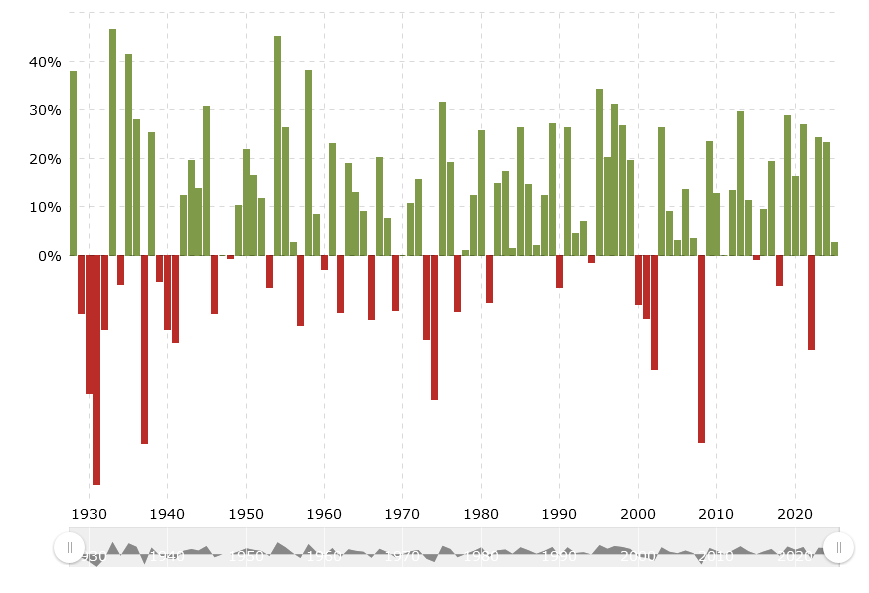

Because if Apple MIGHT need to bump up the price of an iphone, you can be sure that everyone is going to crank the prices up themselves. Same with oil and gas prices where it doesn’t matter where a gas station sources fuel from, they are gonna bump up the prices.
With the iPhone they’d run into the price elasticity limitations. If the cheapest new iPhone is out of reach to consumers, they’ll find a substitute that doesn’t enrich Apple (that may be an Android , or a used Apple phone ).
With oil and gas, those are less elastic. People need to get to work/school and need to heat their homes/water.
As for why we haven’t seen much volatility yet? People are doom spending.
You’re right, this is the most likely answer I think.












Are all these actors from the various Trek shows really going to be on board?!
https://startrekthecruise.com/the-crew/